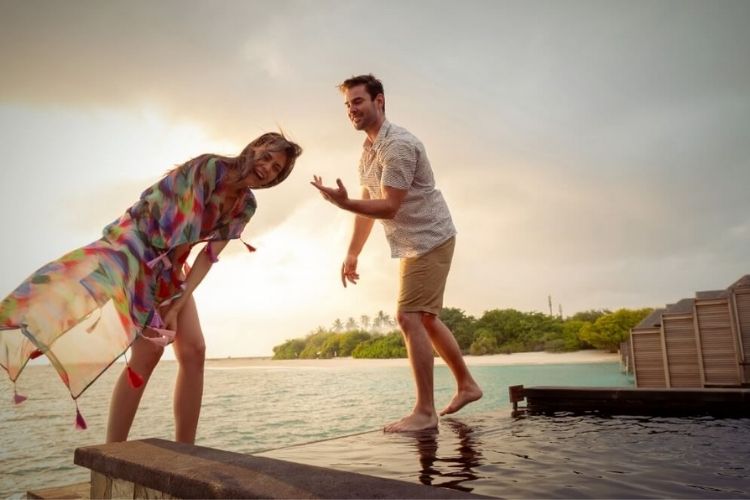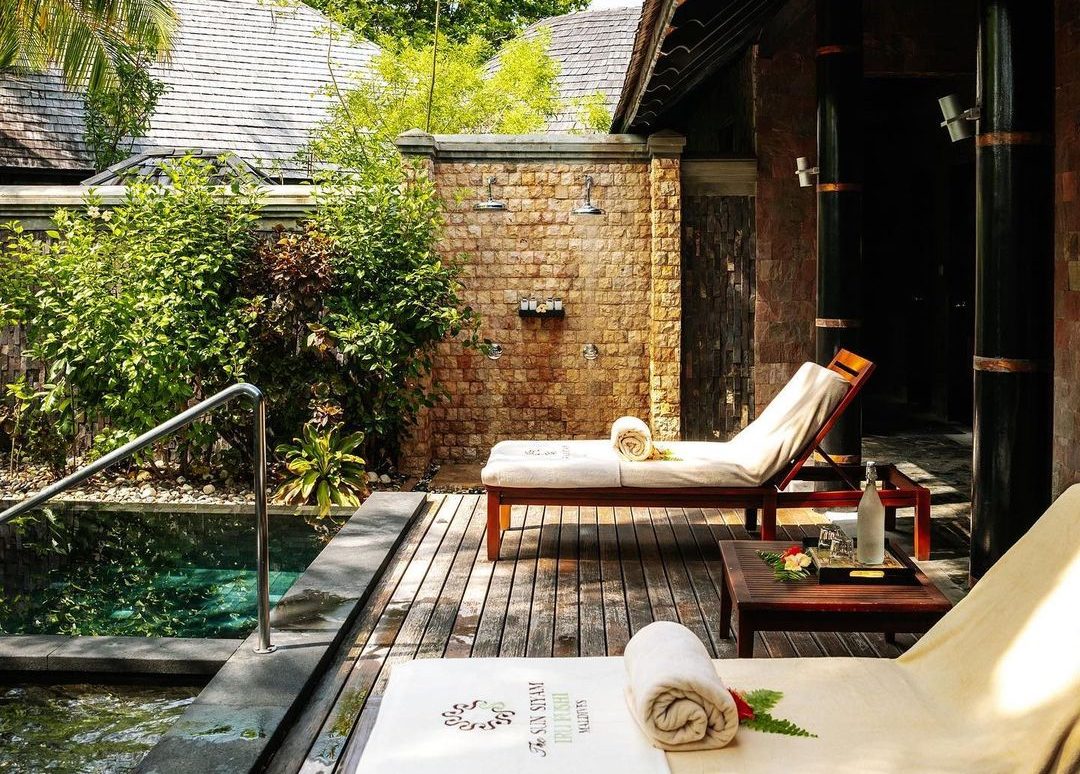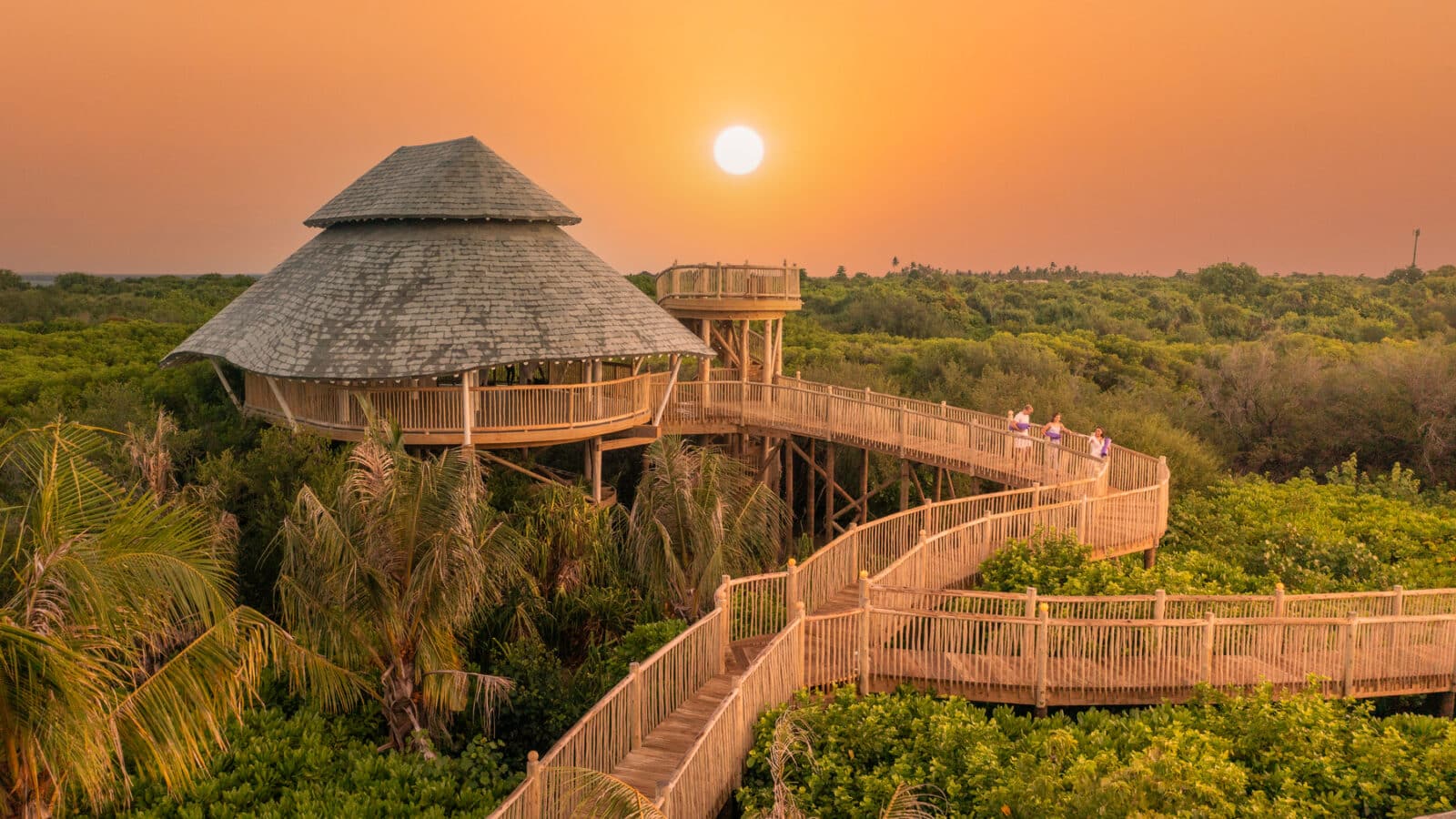JA Manafaru, Maldives has bagged the title of World’s Leading Honeymoon Resort at the 27th edition of World Travel Awards. The resort claimed this title last year as well.
The All-inclusive resort reopened its doors last month, November 2020. JA Manafaru upgraded its facilities including the interiors. Likewise, the luxury resort has also introduced a Maldivian Cultural Awareness Centre.
The luxury chic hideaway features beachfront and overwater villas and Residences (each with its own private pool!). Nestled in Haa Alifu Atoll, the World’s Leading Honeymoon Resort features 7 dining venues, and an array of experiences as well.
The 7 world-class dining venues at the tropical island paradise offers options with traditional Indian Ocean cuisine, international fare, and seafood feasts. Likewise, the signature restaurant, ‘White Orchid’ sits in the middle of the ocean treating guests to balmy breezes.

The resort offers activities for both adults and children. To keep all ages entertained, there’s a Kids Club and a Teens Club as well. Moreover, the SSI certified dive centre caters to beginners and experienced divers alike. Watersports activities guests can enjoy at the resort includes; flyboarding, jet-skiing, water-skiing, mono-skiing, seabob, fun tubing, wakeboarding, windsurfing, kayaking, stand-up paddling, catamaran sailing, and canoeing.
Also read: Nest of Green Turtles Hatches at JA Manafaru’s Beach!
In addition to these offerings, there is also a Marine Awareness Centre at the resort to conserve local ecology. For rejuvenating treats, guests can try the Award-winning Calm Spa & Sanctuary at JA Manafaru. This spa offers Ayurveda, aromatherapy, and wellness journeys for the soul.
JA Manafaru offers a ‘Blissful Romance Package’ perfect for couples and honeymooners. With the package, travellers can avail 20% on savings and other benefits. The package also includes a romantic beach dinner and a Couples Afternoon Yoga or Meditation session. Find out further information about the package HERE.







